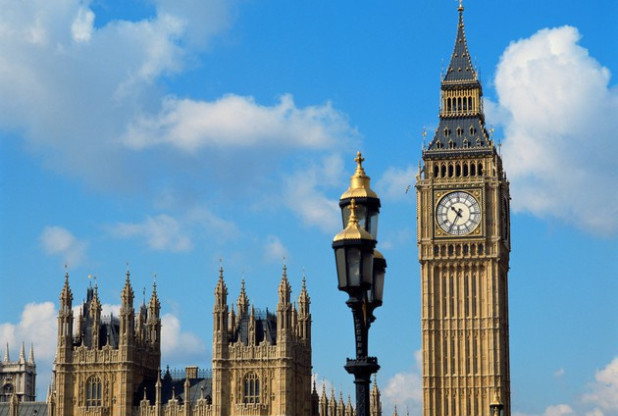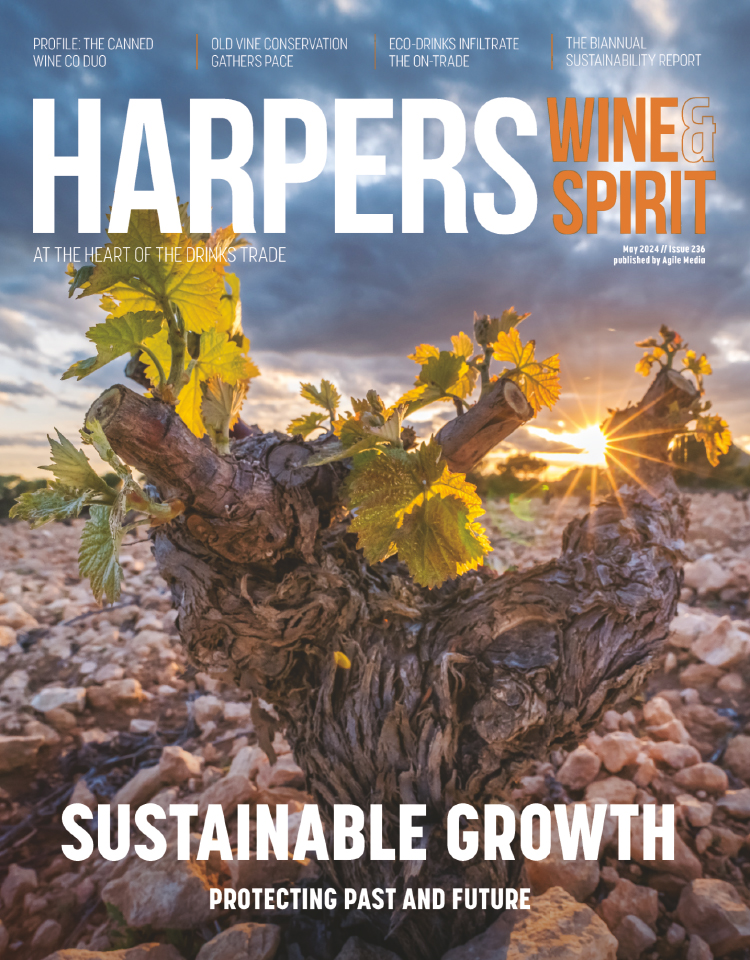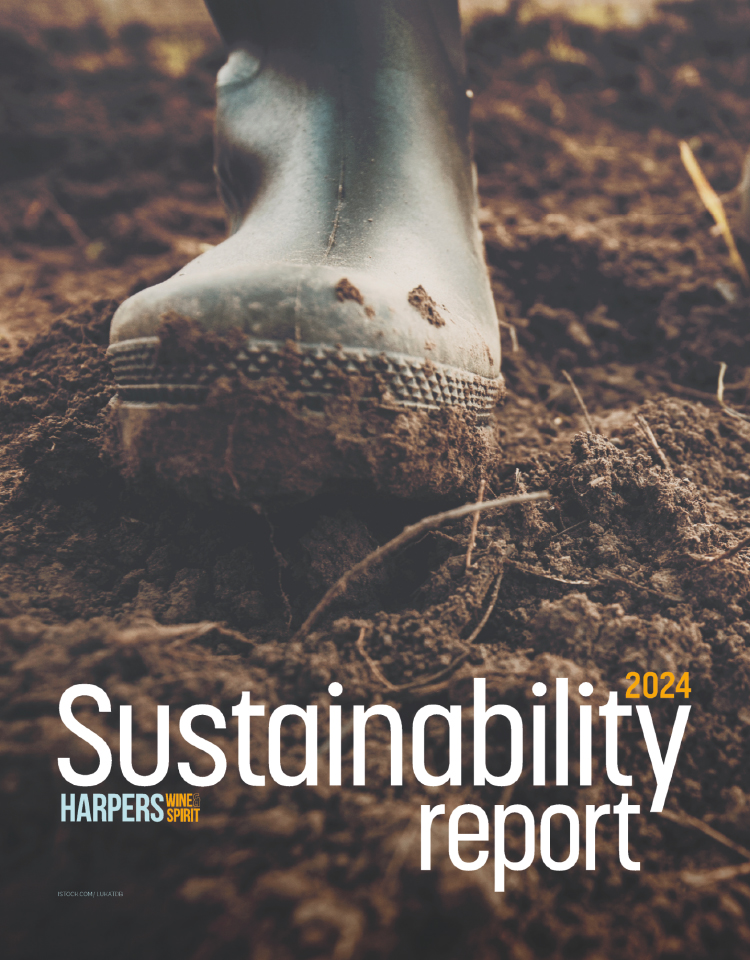
Fears grow for second alcohol duty rise in less than a year
Wine and spirit businesses are calling on the chancellor to freeze alcohol duty until the end of parliament, when Jeremy Hunt delivers his Autumn Statement on 22 November.
The WSTA has argued that a duty freeze is the only option to prevent further inflation-stoking price rises for cash-strapped consumers.
Should chancellor Jeremy Hunt increase the rate of duty in line with inflation, currently 8.9%, then the resultant increases will add up to 68p on a bottle of wine, £1.50 on a bottle of spirits and £1.67 on a bottle of port, when combined with the August hikes.
- Read more: Exclusive - Closing doors for Oddbins
If this comes to pass, the chancellor will have announced a 30% increase in wine duty and a 20% increase in spirit duty, in the space of six months.
As a result, the average price of a bottle of red wine would exceed £8 for the first time, with the average price of a bottle of gin or vodka expected to exceed £18 for the first time.
Miles Beale, CEO of WSTA, said: “We are calling for a freeze for the remainder of this parliament to pre-budget-busting price rises.
“Consumers are still in the grip of a cost of living-of-living crisis and cannot afford to keep stretching their budgets just to be able to enjoy some of life’s little luxuries. Wine and spirit businesses need a breathing space to stay afloat in the current economic climate, which continues to combine lethargic growth with persistently high inflation.
“In August the treasury introduced the largest alcohol tax hike for almost 50 years adding over 10% duty increase for spirits and over 20% increase for 4 out of 5 wines of all wine sold in the UK.
“A further rise would make a mockery of the government’s priority is to cut inflation as further price rises will lead to reduced sales and less revenue to the exchequer.”
The WSTA has written to the chancellor to highlight the unfair approach to taxing alcohol, which has seen wine and spirits treated more harshly by successive Conservative chancellors since 2010.
Wine businesses have repeatedly raised concerns that the new tax rates unfairly target wine drinkers and will make the UK market a less attractive place to sell wine.
The new alcohol duty regime which came in on 1 August means all alcohol is taxed by strength for the first time. This comes on top of dramatically increased supply chain costs.
The cost of wine and spirits has continued to rise in recent years due to the enormous increase in the recycling fees that glass manufacturers must pay.
Meanwhile, Sacha Lord, the night-time economy adviser for Greater Manchester, added: “The reduction in business rates has been a lifesaver for many restaurants, pubs and bars across England. With it now becoming increasingly likely that the freeze will not be extended beyond March 2024, I urge the treasury to continue in serious discussions regarding a package of specific support specific for the sector.
“While the industry does not want to live by sustained ongoing handouts, it is still in recovery from the devastations of the pandemic and as such needs steady foundations to build on. As the fifth largest industry in the UK and a significant contributor to the UK economic growth, we have to acknowledge that without steady footing, growth and profitability of the sector will be severely impeded.”








